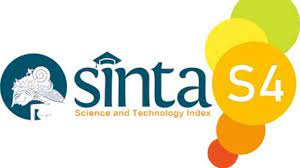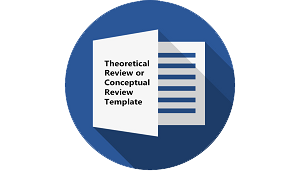INSTRUCTIONAL MANAGEMENT OF ESP FOR AGROTECHNOLOGY AND AGRIBUSINESS STUDIES: AN EXPERIENTIAL REFLECTIVE PRACTICE
DOI:
https://doi.org/10.30957/ijoltl.v1i2.88Keywords:
instructional management, ESP, agrotechnology, agribusinessAbstract
This paper discusses reflection of ESP class instructional management for Agro Technology and Agribusiness studies at the Faculty of Agriculture, Balitar Islamic University. The instructional management comprises analysis of students’ needs, competence and behavior, instructional preparation, instructional intervention using a combined pedagogical and instructional leadership approach, and instructional evaluation. This research was a  reflective approach towards instructional practices. The study found out that instructional processes, the combined students centered task-based approach of language teaching and situational leadership approach,  have resulted excellent achievement. Students successfully translated English texts to acceptable Indonesian conversion and worked out for producing final paper work of scientific articles and books transliteration. The combination of pedagogical and leadership approach in instructional management has satisfied the aims of ESP teaching for the Agro Technology and Agribusiness studies.
Â
Downloads
Downloads
Published
How to Cite
Issue
Section
License
Authors who publish with this journal agree to the following terms:
- Authors retain copyright and grant the journal right of first publication with the work simultaneously licensed under a Creative Commons Attribution-ShareAlike 4.0 International License that allows others to share the work with an acknowledgement of the work's authorship and initial publication in this journal.
- Authors are able to enter into separate, additional contractual arrangements for the non-exclusive distribution of the journal's published version of the work (e.g., post it to an institutional repository or publish it in a book), with an acknowledgement of its initial publication in this journal.
- Authors are permitted and encouraged to post their work online (e.g., in institutional repositories or on their website) prior to and during the submission process, as it can lead to productive exchanges, as well as earlier and greater citation of published work (See The Effect of Open Access).












